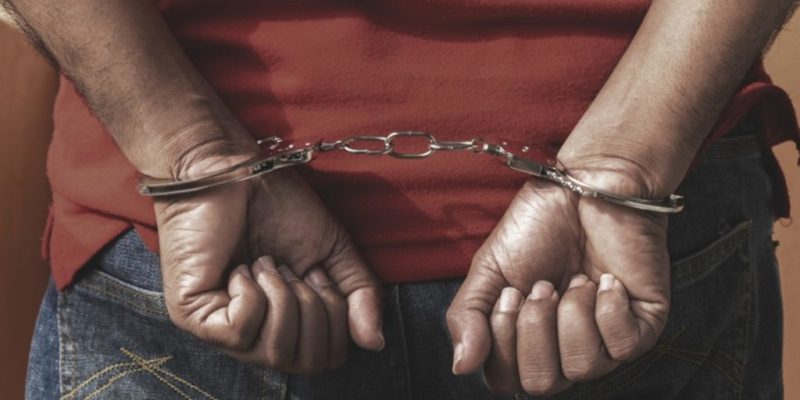When Brother Haroun Wakil got out of prison, he wanted to help others avoid the criminal justice system. But going back to his neighborhood and speaking to young people would have been a violation of his parole. The informal social networks we all grow up with were the object of police scrutiny in communities of color. Haroun calls them “Street Tribes” but law enforcement labeled them gangs. The giving of brotherly advice had been made a criminal activity.
If you define gang activity broadly enough, which law enforcement and prosecutors are inclined to do, you effectively make it illegal for (some) people to freely associate. Almost half of adults in Georgia have a criminal record. In some especially over-policed neighborhoods, virtually any association between young people and adult men could be labeled criminal.
Georgia House Bill 994 would fast-track young people into adult courts if they participate in the social fabric of communities already scarred by over-policing. Decades of discriminatory criminalization has hollowed out many Georgia communities of their employable men, their diligent fathers. The gap is sometimes filled by criminal gangs, but also many forms of community cooperation. HB 994 draws no distinction.
Atlanta NAACP VP Gerald Griggs told 11 Alive News, “under the guise of public safety, we are criminalizing a culture.”
Every child criminalized by HB 994 would carry the stigma of that label and criminal record his whole life. He would be permanently ineligible for student loans, for housing assistance, and to receive many professional licenses from the state. He will never be a teacher, a lawyer, an EMT, a contractor, or a barber. He may never be allowed to vote, serve on a jury, or to exercise his 2nd amendment rights, because an officer’s discretion labeled him a criminal when he was 15 years old.
The likely-unconstitutional “street gang database” that GBI put into use in January formalizes the surveillance of certain communities.
Teenagers hang out and make bad decisions in basements and backyards all across America, but not all will be seen as criminals-in-the-making. Swap in some characters of color, and the premise of That 70s Show suddenly becomes potential gang activity worthy of Georgia’s punitive sentencing.
The Libertarian Party of Georgia rejects House Bill 994 and urges the General Assembly to do the same. Use the OpenStates tool to look up your Georgia Representative by address search. Then drop them a line and tell ’em what you think.

